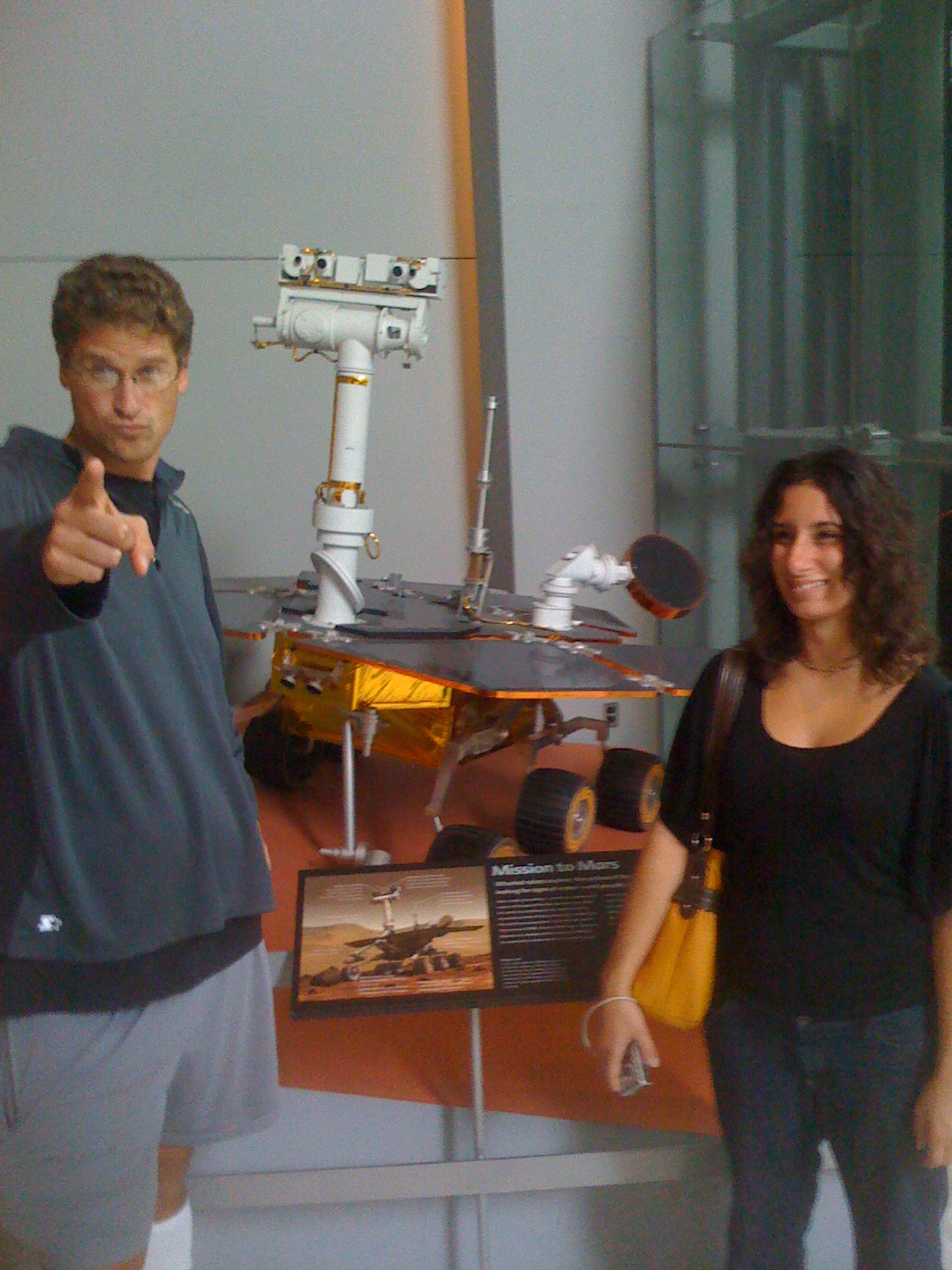Inhospitable environments can be mapped and charted due to marvelous new robotics and control system technology. Solar arrays are aligned to maximize collected energy for distant Mars rovers, enabling them to function far from the nearest service station ;). Fortunately for us, space missions don't have a monopoly on the power of machine observations, enabling automated exploration to saturate our society.
Going back a few hundred years we recorded light, then later sound. Until recently, the majority of observations were made manually and stored in shared media. The rise of remote observations from tiny optical fibers, to robotic aircraft, to 3D seismic imaging has opened a storm of new applications. Now humans can observe what was impossible, or highly impractical only a couple of decades ago. The advantages of autonomous exploration aren't limited to atoms either.
The presence of automated data exploration is a necessity of the information age. The design of database technology inherits incredible capability from automated search. Threaded processes can practice concurrent read/write operations on ever growing data collections whether relational or document based. Information dwells beyond the surface of today's data, revealing valuable correlations across time and space.
Where do we go next?
We've developed tools which extend our senses down to the bits of modern memory and far into space. Each year we further map the world around us and our interactions with it. Opportunities to leverage collected data sprout up as fast as meaningful information can be extracted from measurements.
There's high demand for sensor system inventors, designers and builders. The measurement infrastructure is paired with a need for database designers, dataminers, and algorithm developers to produce valuable information products from a never ending fount of data.
I can imagine future feedback systems which guide real time sensor designers with immediate information extracted from collections. Advanced navigation of observations will be tightly coupled to data refinement. We'll essentially reduce the iteration time between data collection and reduction to practical minimums.
